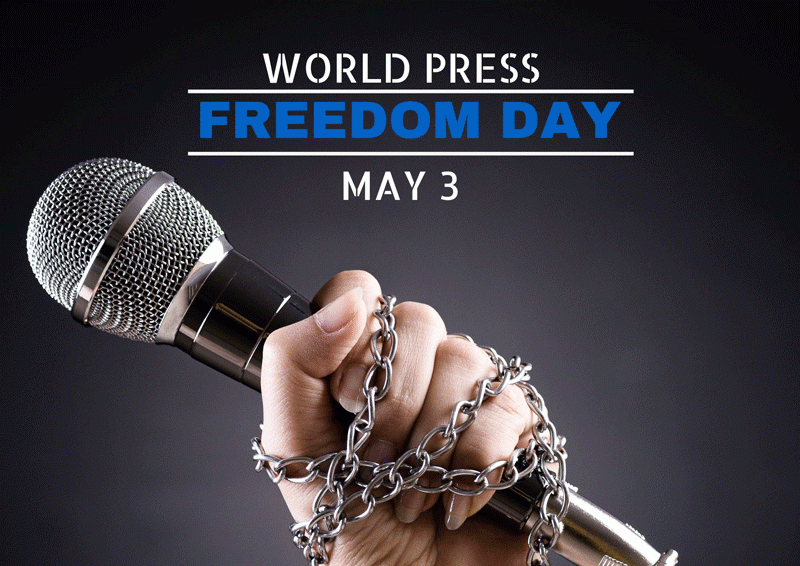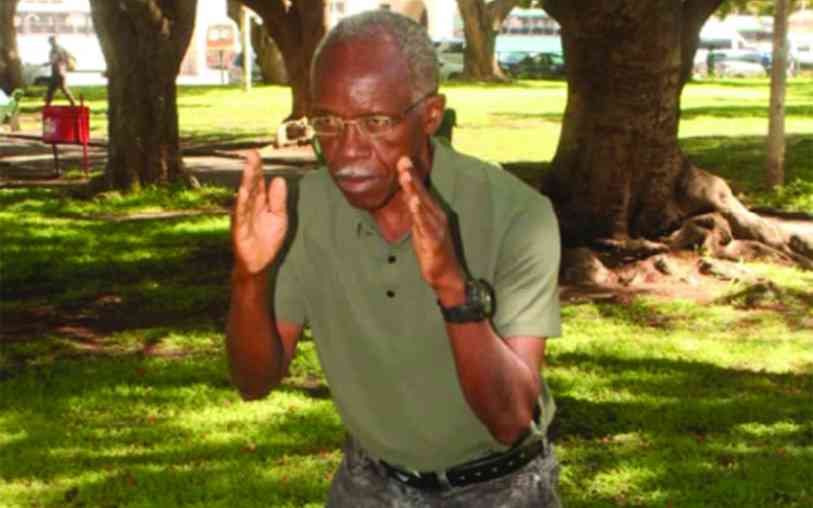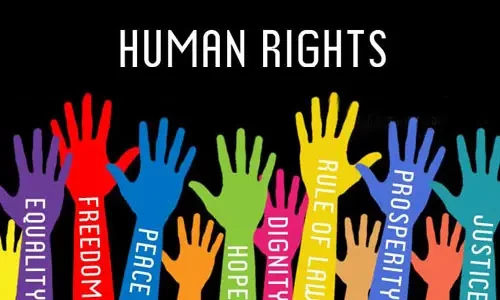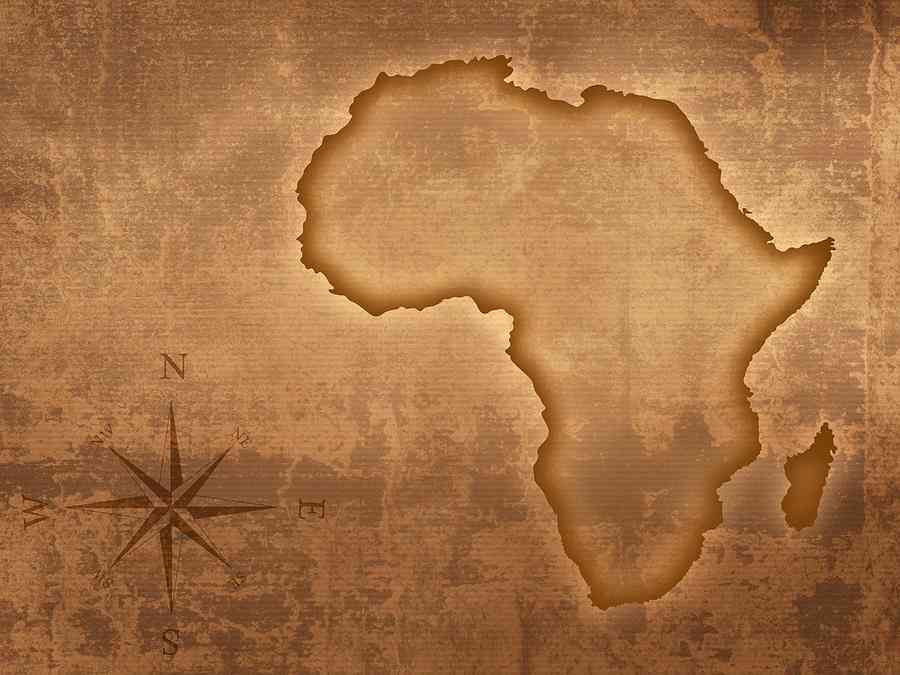
FOR centuries, nations relied on the power of the media to foreground their agendas, to establish their communicative functions, ideological inclinations and hegemonic characteristics.
Robust and powerful global media institutions like BBC, CNN, Agence France Press and Reuters, among others were born. While the term “Press freedom” maybe relative, it serves to remind the world of the role of the media as the fourth estate.
As this happens, environmental journalists in many countries have been captured, while journalism as profession is at cross-roads, safety of journalists is at stake, and language has been used as a distabilising tool.
This article aims to unpack why developed countries, especially Western rich nations, which are also the major sources of carbon emissions, seek to control other nations by using scientific and quasi-scientific terms and language for hegemonic purposes. While developed countries stand accused of the above machinations, developing countries with toxic and repressive media laws have invested in the grim fear factor, cowing journalists into a narrow, tunnel-minded and subjective lot.
Many developing countries witness a plunder of natural resources in the extractive sector, human rights abuses and casualties, while journalists have been hammered into disinformation tools, bellowing for their supper, trading their souls for pieces of silver and soup.
While Press freedom is vital, there is no freedom in Press freedom, it is just a mirage and myth. This is because the media has the power to expose the looting in the extractive sector, it is either they keep mouths zipped or they report falsehoods, praising systems that impoverish citizens or they pay the price of reporting as it is.
For these reasons journalists around the world are compromised, pay allegiance to powerful looting cartels, use twisted words and logic, a culture of lies, deceit and lack of depth, while contributing to disinformation and misinformation, communication massaging and mischief, leading to crass linguistic miscarriage. Every situation is stage managed, doctored and choreographed, with grandstanding overtaking logic and burying the truth in the process.
With language of capitalism in the form of green propaganda, sometimes referred to as lexical creativity or green discourses on the rise, information has been compromised, with no knowledge on knowledge economy, contributing to linguistic consequences and death of objectivity. Rich-polluting multinational conglomerates with money to broadcast, have disseminated concerns related to climate issues and they currently manipulate people in the developing world by persuading them to think in particular ways using language that conceals their ideological and hegemonic purposes.
In this view, it is the rich and powerful countries that have largely participated in polluting the earth at the same time using language to manipulate weaker and poor nations.
The massive linguistic invasion in the public sphere may have major ideological effects — that is, they can help to produce and reproduce unequal power relations between social classes, women and men, and ethnic/cultural majorities and minorities through the ways in which they represent things and positions of people.
Adoption of such communicative clusters like “green”, “eco” and “carbon” is designed to depict nature, colour and images of the environment as peaceful and serene. The online green dictionary has taken language and communication by storm and utilised the role of compounding to churn out creative lexico-grammatical terms like “carbon footprints”, ‘green discourses”, “eco-culture”, “carbon emergency” and “green buying and living”, among a host of others.
While rich polluting nations and companies use language and other means to manipulate people’s minds and shape their thinking, developing countries maximise on corruption, depletion of natural resources and perpetuate environmental crimes, by promoting gutter journalism to praise sing and misinform the public. State apparatus is used to protect corrupt government officials by harassing and jailing journalists for exposing environmental crimes.
Both rich carbon emitting nations and repressive governments in developing countries are promoting environmental crises using money, language and repressive laws to make life difficult for professional journalists. While anti-conservationists hide behind linguistic clusters like “green” or “eco”, looters of State resources in developing countries target journalists who cross their path by exposing corrupt officials.
While it is the duty of the environmental journalists to unmask environmental crimes in the extractive sector, using the same language that is used by powerful nations to camouflage their emission behaviours, it takes the use of the same linguistic tools and apparatus to correct these wrongs of generated linguistic crimes.
Rich polluting nations advertise heavily, market aggressively and have strong media institutions, powerful communicators and linguists to support their cause and keep the world diverted from their emission crimes. Their language use is over-repeated until it sounds true. In developing countries, environmental journalists have no protection, therefore, they report environmental crimes at their own peril.
The linguistic propaganda from developed countries is so powerful because it is backed by statistics, practical examples, financial resources and highly sponsored conferences, among others. This language is designed to have impact on its users and they continue generating new green vocabularies leading to linguistic aberration.
Green propaganda has permeated every facet of language use, with terms like “resilience”, “sustainable”, “adaptation”and “climate action and justice” being more prominent, tired and overused.
Environmental journalists and the journalism profession are at a crossroad, with the profession more dangerous than ever before. Environmental journalists need protection globally as falsehoods and disinformation stink to high heavens of which some governments are hiding behind this to justify sovereignty and heritage while plundering natural resources as if there is no tomorrow. Natural resources are finite and environmental journalists are critical not only in exposing environmental crimes, but also in contributing to environmental literacy, education, awareness, knowledge and information.
Peter Makwanya is a climate change communicator. He writes in his personal capacity and can be contacted on: [email protected]











